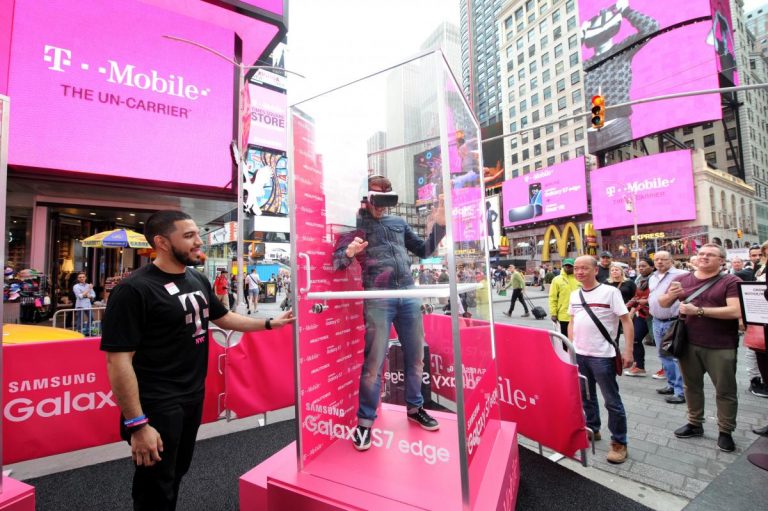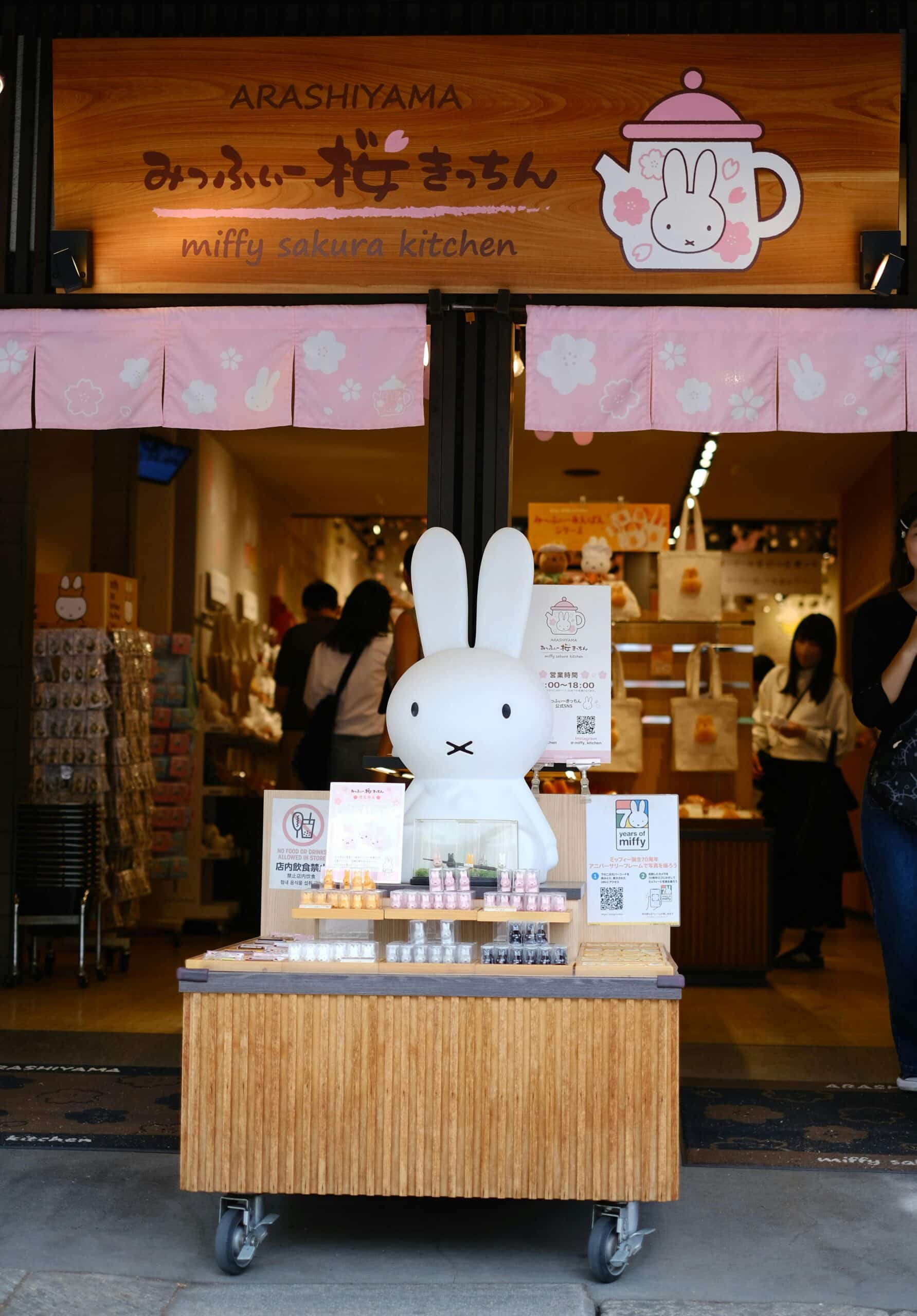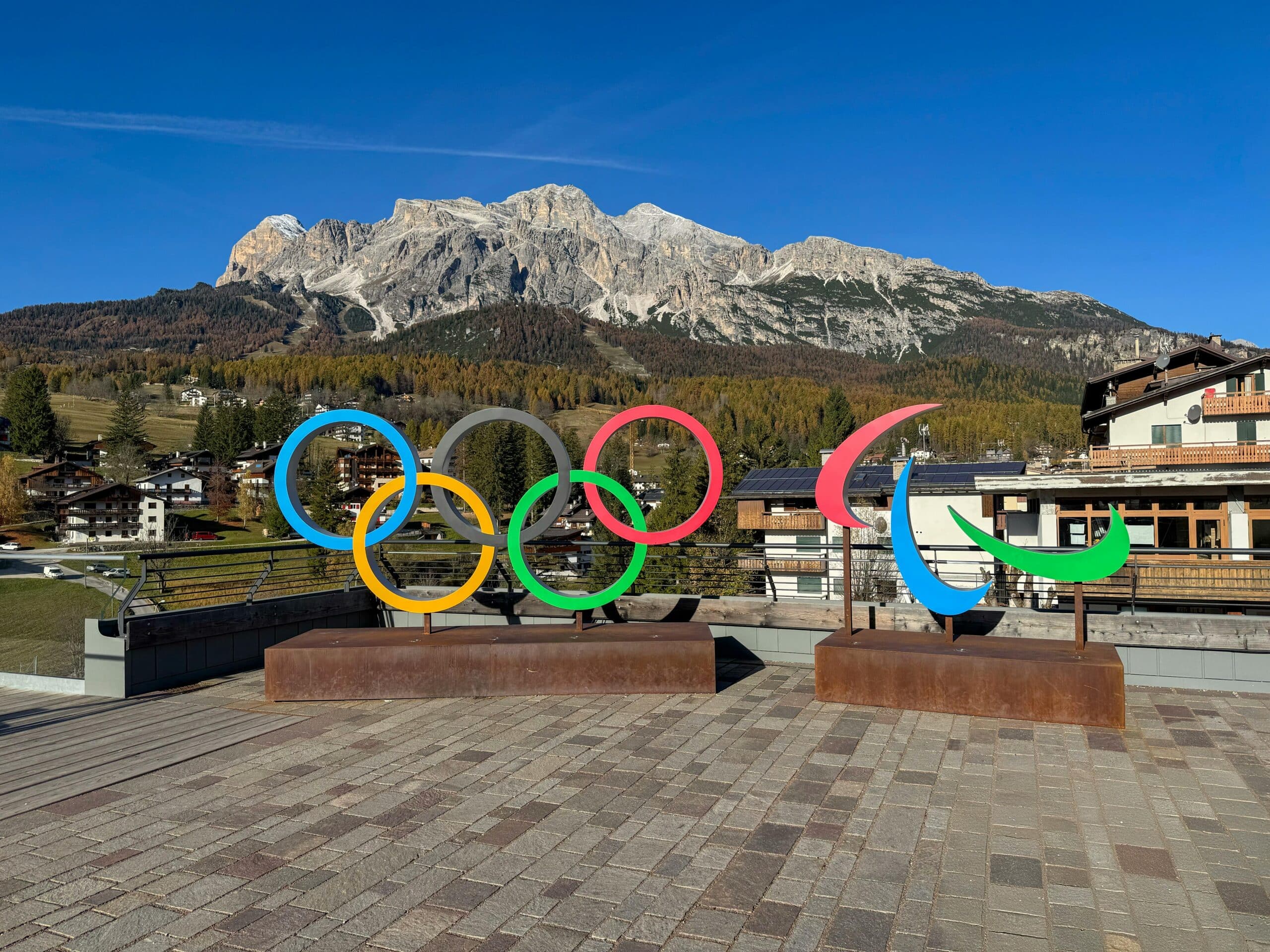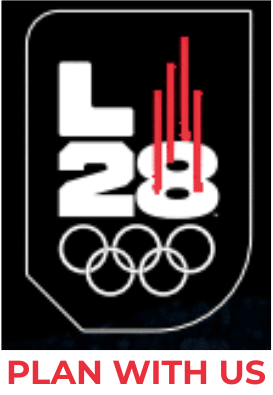If you’re passionate about creating memorable brand experiences, engaging audiences in interactive ways, and bringing marketing campaigns to life, then a career in experiential marketing might be perfect for you. Unlike traditional digital marketing, which focuses on online strategies, experiential marketing is all about live events, brand activations, and immersive consumer experiences.
As brands shift towards more engagement-driven marketing strategies, the demand for experiential marketing professionals is growing. Whether you’re a recent graduate, a marketing enthusiast, or someone looking for a career change, this guide will walk you through how to break into experiential marketing, the skills you need, and how Towerhouse Global can help you succeed in this dynamic industry.
1. Understanding Experiential Marketing & Career Opportunities
What is Experiential Marketing?
Experiential marketing, also known as engagement marketing or event marketing, is a strategy that focuses on creating interactive, real-world brand experiences that leave a lasting impact on consumers. It’s about engaging people in ways that traditional advertising and digital marketing cannot.
📌 Examples of Experiential Marketing:
- Brand activations (e.g., Nike’s interactive pop-up stores)
- Live events & sponsorships (e.g., Red Bull’s extreme sports competitions)
- Product sampling campaigns (e.g., Coca-Cola’s free tasting stations)
- Augmented Reality (AR) experiences (e.g., IKEA’s AR-powered shopping app)
- Interactive installations (e.g., Netflix’s Stranger Things immersive experiences)
✔ Why Experiential Marketing Matters:
✅ It creates stronger emotional connections between brands and consumers
✅ It drives social media buzz and word-of-mouth marketing
✅ It complements digital marketing efforts, boosting engagement and reach
2. What Skills Do You Need for a Career in Experiential Marketing?
Key Skills to Succeed
To land a job in experiential marketing, you need a mix of creative, organizational, and digital skills.
✔ Creativity & Innovation – The ability to develop unique brand experiences that captivate audiences.
✔ Event Planning & Logistics – Understanding how to plan and execute live events, pop-ups, and activations.
✔ Digital Marketing Knowledge – Experience with social media, influencer collaborations, and online promotion.
✔ Storytelling & Brand Messaging – The ability to communicate a brand’s story through immersive experiences.
✔ Problem-Solving & Adaptability – Quick thinking and flexibility in handling live event challenges.
📌 Example:
- A marketing coordinator for an experiential agency might be responsible for managing event logistics, working with brand ambassadors, and ensuring digital campaigns support live activations.
How Towerhouse Global Can Help:
We provide insight into industry trends, mentorship, and networking opportunities to help aspiring experiential marketers gain a competitive edge.
3. Education & Certifications to Boost Your Career
Do You Need a Marketing Degree?
While a degree in marketing, communications, or business can be helpful, it’s not always required. Many professionals in experiential marketing come from diverse backgrounds, including event planning, PR, and creative industries.
📌 Certifications & Courses to Consider:
✔ Certified Event Planning Professional (CEPP) – Great for learning event logistics.
✔ HubSpot Content Marketing Certification – Helps with integrating digital marketing into experiential campaigns.
✔ Google Analytics Certification – Useful for tracking experiential marketing campaign performance.
How Towerhouse Global Can Help:
We provide industry insights, case studies, and training for professionals looking to gain hands-on experience in experiential marketing.
4. Gaining Experience: Internships, Freelance, & Entry-Level Jobs
How to Get Your Foot in the Door
Since experiential marketing is hands-on, gaining real-world experience is crucial.
📌 Ways to Build Your Resume:
✔ Intern at an experiential marketing agency (e.g., assist with brand activations).
✔ Volunteer at large-scale events (e.g., festivals, conferences, pop-ups).
✔ Freelance as a brand ambassador to understand how experiential campaigns work in the field.
📌 Entry-Level Job Titles to Look For:
- Experiential Marketing Coordinator
- Event Marketing Assistant
- Brand Activation Specialist
- Field Marketing Representative
How Towerhouse Global Can Help:
We connect aspiring marketers with opportunities to gain hands-on experience through industry events, networking, and live brand activations.
5. Networking & Industry Connections: How to Stand Out
The Power of Networking in Experiential Marketing
Since experiential marketing is a relationship-driven industry, networking is one of the best ways to land a job.
📌 Networking Strategies:
✔ Attend industry events & conferences (e.g., experiential marketing summits).
✔ Connect with professionals on LinkedIn and engage with their content.
✔ Join marketing organizations & online forums to stay updated on job openings.
📌 Example:
- A marketing coordinator at an agency might find their next opportunity by attending industry events and building relationships with brands seeking event marketing specialists.
How Towerhouse Global Can Help:
We offer networking opportunities, industry insights, and career-building advice to help professionals land jobs in experiential marketing.
6. Creating a Standout Resume & Portfolio
What Employers Look For
Since experiential marketing involves creativity and execution, showcasing real-world experience and problem-solving skills is essential.
📌 Resume & Portfolio Tips:
✔ Highlight event experience & campaign involvement.
✔ Include digital marketing knowledge, social media strategy, or influencer collaborations.
✔ Showcase a portfolio with photos, case studies, and results from past activations.
📌 Example:
- If you helped coordinate an experiential pop-up, include metrics like:
✔ “Increased foot traffic by 40% over three days.”
✔ “Drove 10,000+ social media impressions through branded hashtags.”
How Towerhouse Global Can Help:
We guide professionals on how to build standout resumes and portfolios, ensuring they showcase the right experience to land top experiential marketing roles.
7. How to Land Your First Job in Experiential Marketing
Step-by-Step Approach to Breaking In
✔ Step 1: Gain experience through internships, freelance work, or brand ambassador roles.
✔ Step 2: Build a strong resume & portfolio that highlights hands-on campaign involvement.
✔ Step 3: Develop digital marketing skills to support online promotion of live events.
✔ Step 4: Network through industry events, LinkedIn, and marketing groups.
✔ Step 5: Apply for entry-level jobs at agencies and brands with experiential marketing campaigns.
📌 Where to Find Jobs:
- Marketing & event agencies
- In-house brand activation teams
- Freelance experiential marketing platforms
How Towerhouse Global Can Help:
We provide career guidance, networking resources, and industry insights to help professionals succeed in the experiential marketing industry.
Final Thoughts: Start Your Career in Experiential Marketing Today
If you’re passionate about creating immersive brand experiences, engaging consumers, and making marketing more interactive, then a career in experiential marketing is an exciting path. By combining hands-on experience, networking, and digital marketing expertise, you can land your dream job in this fast-growing industry.
✔ Gain hands-on experience through internships & activations
✔ Develop skills in event planning, brand activations, & digital marketing
✔ Network with industry professionals & build a strong portfolio
✔ Showcase creativity & problem-solving in your job applications
At Towerhouse Global, we help professionals:
✅ Build careers in experiential marketing
✅ Gain insights from industry experts
✅ Connect with top agencies and brands
📩 Contact Towerhouse Global today to take the next step in your experiential marketing career! 🚀






